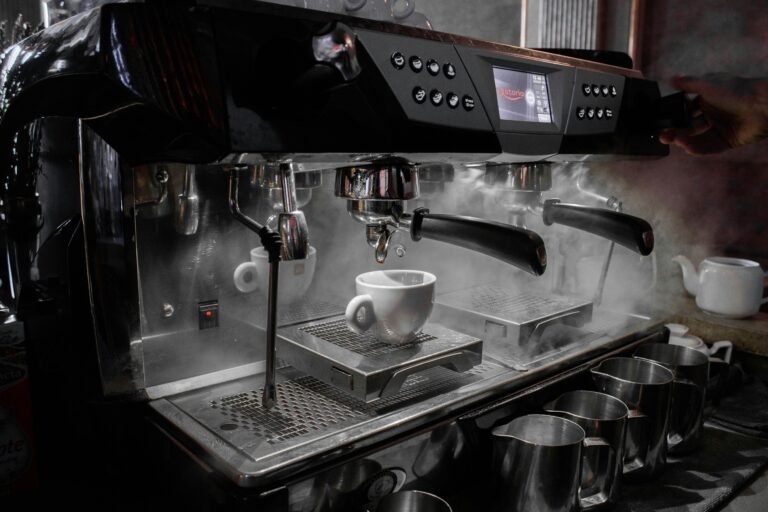Stop seeing your budget as a restriction. Learn the intentional, automated strategies that successful individuals use to build lasting wealth and eliminate financial stress.
For many, the word “budget” immediately conjures images of complicated spreadsheets, financial restriction, and the guilt that follows every minor purchase. This negative framing is precisely why most budgeting attempts fail; they are treated like an unsustainable financial diet.
The truth is, effective budgeting is not about limitation at all it’s about intention and control. A successful budget operates as a flexible tool that directs your money toward your highest values and deepest goals, whether that’s funding your next international trip, securing a down payment, or simply reducing daily anxiety.
This post outlines the most practical, high-leverage budget habits used by financially successful individuals. These strategies move far beyond simple expense tracking, diving into the psychological and automated systems necessary to achieve genuine financial stability and freedom.
1. The Mindset Shift: From Tracking to Intentional Spending
A habit only sticks if it is clear and simple to execute. The foundational move is adopting a mental framework that forces you to be purposeful with every single dollar you earn.
Zero-Based Budgeting: Giving Every Dollar a Mission
The Zero-Based Budget (ZBB) is a profound concept: your Income minus your Expenses must equal zero. This does not mean you spend everything; it means you assign every dollar a job.
- The Principle: At the start of the month, you proactively allocate your entire income across specific categories: Rent, Groceries, Savings, Investment, Fun Money, etc. If your income is $5,000, you must budget exactly $5,000 until nothing remains unassigned.
- The Power: This eliminates the dreaded vague “leftover money” that tends to disappear without a trace. Instead of wondering where $400 went, you know that $400 was intentionally assigned to “emergency fund top-up” or “annual holiday travel.”
Track in Real Time with Proactive Check-ins
Set aside the archaic spreadsheet method. The most effective budgeters treat their finances like a high-priority dashboard, checking in daily or every few days using simple, integrated budgeting applications.
- Instant Visibility: Link your accounts to an app to gain a real-time view of your spending. This makes it impossible for hidden expenses to sneak up on you and destroy your plan.
- Reconnect with Your ‘Why’: Treat every check-in as a brief moment of reflection. Remind yourself of the long-term goal that motivates your budget. This transforms a tedious administrative task into an empowering check-in on your progress toward freedom.
2. The Freedom Formula: Removing Willpower from Finances
Relying on daily willpower is the single biggest point of failure in personal finance. Smart budgeters design a system where their financial health is maintained automatically, removing discipline from the equation entirely.
The Non-Negotiable Habit: Paying Yourself First
This is arguably the most critical budget habit you can adopt. The moment your paycheck clears, a pre-set percentage or amount must automatically transfer to your savings or investment accounts.
- Automated Transfers: Schedule these transfers through your bank’s features for the morning of your payday. If the money never physically sits in your checking account, you cannot spend it. Saving becomes a non-negotiable expense, treated with the same priority as your rent or mortgage payment.
- Set-and-Forget Bills: Automate all fixed monthly obligations (rent, utilities, insurance). This guarantees you avoid late fees and confirms that the remaining balance in your main account is truly your allocated discretionary spending fund.
Leverage ‘Sinking Funds’ for Planned Success
Budgeting often fails when a large, expected but irregular expense hits—think annual car insurance, holiday gifts, or renewal fees. Because the funds weren’t saved, the expense often lands straight onto a high-interest credit card.
- The System: Treat future, large expenses as current, smaller monthly bills. Set up separate savings accounts or digital “pots” for these items. If your annual car insurance is $1,200, you budget and transfer $100 every single month into a dedicated insurance sinking fund.
- The Result: When the bill arrives, the money is fully funded and waiting. This simple process converts a stressful financial emergency into a planned, seamless transaction, drastically reducing long-term stress.
3. Master Your Spending: The Psychology of Smart Purchases
Financial management is predominantly a behavioral game. Estimates suggest it is 80 percent behavior and only 20 percent mechanics. The battle for your budget is won when you learn to control impulse and strategically separate true needs from passing wants.
The Cash Envelope System (Modernized for Digital)
The classic physical cash envelope system endures because it works: it creates undeniable scarcity. When the cash is gone, the spending stops.
- Digital Allocation: Use your budgeting application to digitally allocate funds for categories most prone to overspending (e.g., dining out or personal care). Once the digital “envelope” is empty, spending in that category must cease until the next pay cycle.
- The ‘Cool-Down’ Period: For any non-essential purchase, impose a mandatory waiting period of 24 to 72 hours. This simple pause allows the emotional high of the impulse to completely subside, ensuring your rational mind makes the final decision on whether the purchase aligns with your most important financial goals.
The Monthly Habit: Auditing for Hidden Leaks
Many individuals unknowingly drain hundreds of dollars per month on items they barely use or notice. The professional approach is to proactively hunt down these leaks.
- The Subscription Audit: Schedule a specific time each month to review your bank and credit card statements solely for recurring charges. Immediately cancel any service or subscription you have not actively used in the last 30 days. This catches forgotten gym memberships, expired streaming trials, and niche software.
- Review Usage vs. Cost: Critically assess the value you receive against the cost. If you pay a premium for a high-end credit card with benefits you never utilize, switch to a free card that offers cash back on your actual spending patterns, such as groceries or fuel.
Final Thought: Consistency Over Complexity
The secret to smart budget habits that actually work is consistency over complexity.
You do not need the most complex application or a flawless starting plan; you need a few powerful, automated, and intentional routines. By adopting the Zero-Based framework, automating your savings, and strategically implementing sinking funds, you transform your budget from a punishing set of rules into a simple, flexible tool that guarantees peace of mind and paves the way for a financially secure future.




